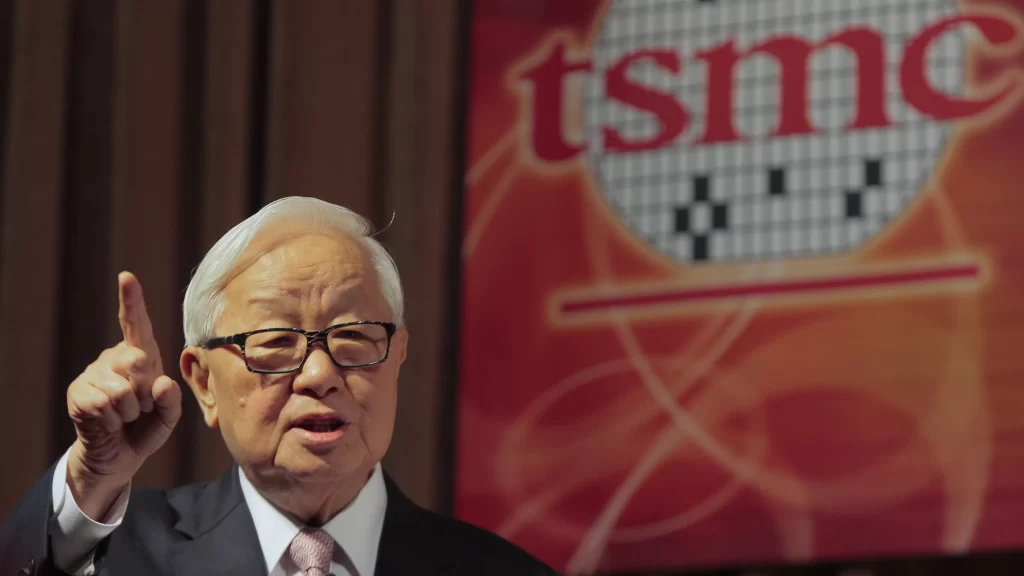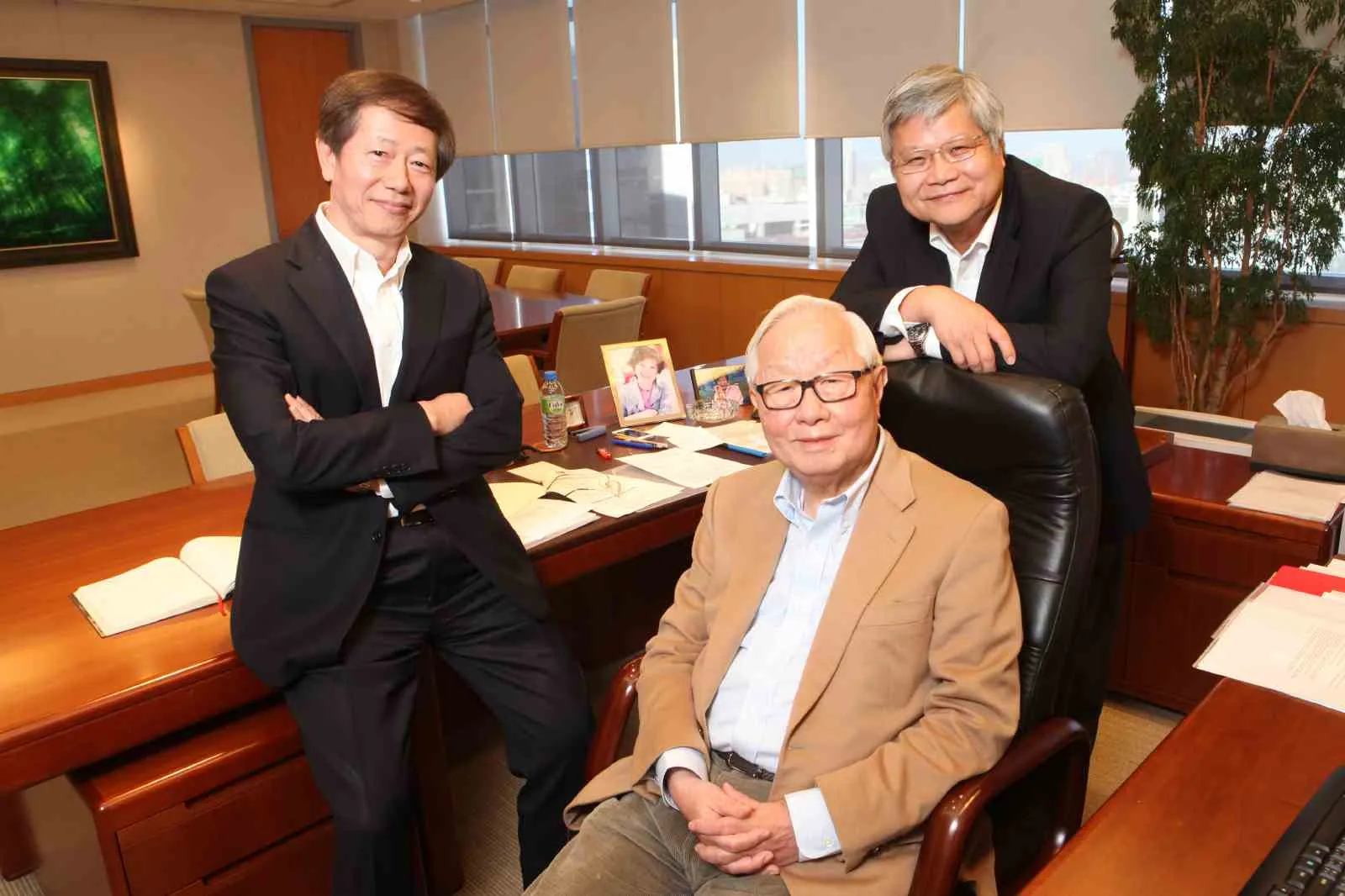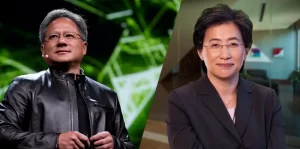Introduction:
In a surprising announcement on the 19th, TSMC revealed that Chairman Mark Liu would not participate in the nomination of the next director and is set to get retirement after the 2024 shareholder meeting.
TSMC specified that the succession plan involves President taking over as the next chairman, but the ultimate decision will depend on the results of the board of directors election scheduled for June next year.
For the past thirty years, contributing my efforts at TSMC has been an extraordinary journey for me. I am especially grateful to the company’s extremely talented team. Together, we have shaped the company into today’s industry benchmark. It is a great honor to take over as Chairman of TSMC after the retirement of the company’s legendary founder. I now hope to retire but not to rest, to give back in different ways based on my decades of semiconductor experience, to spend more time with my family, and to start a new chapter in my life. I will continue to work with the Board of Directors on corporate governance until the last day of my term, and I am fully confident that TSMC will continue to achieve excellent performance in the foreseeable future.
This move is seen as the formation of a third-generation succession team, with notable figures such as Hou Yongqing, senior deputy general manager of Eurasian business and R&D, Wang Yinglang, deputy general manager of fab operations, and Qin Yongpei, senior deputy general manager of operations, being actively considered for leadership roles.
In this blog post, we will discuss 4 Major takeaways from TSMC Chairman retirement plan and the new generation of succcessors taking over.
Follow us on LinkedIn for everything around Semiconductors & AI
1. TSMC’s Perpetual Struggle with Succession
In 2005, Morris Chang, the founder of TSMC, made the strategic decision to appoint Rick Tsai as his successor. However, this transition faced significant challenges in the subsequent years.
The 40-nanometer node encountered difficulties in ramping up yields, and the Global Financial Crisis further added to the industry’s woes. During this tumultuous period, TSMC also faced criticism for implementing layoffs that were deemed necessary due to economic conditions.
The layoffs, intended to address the economic challenges, were reported to have been carried out with insufficiently rigorous criteria. This led to protests outside Morris Chang’s residence, with workers who supposedly left voluntarily expressing dissatisfaction with the process.
Despite meeting financial expectations, TSMC experienced difficulties during this time, prompting Morris Chang to reevaluate the leadership transition. In 2009, just four years after Tsai was appointed as CEO, Chang removed him from the position and reassigned him to a smaller division within the company. Tsai eventually became the CEO of MediaTek.

This episode reflected the complex nature of succession planning, especially in an industry as dynamic as semiconductor manufacturing.
The challenges faced during this period contributed to a reassessment of leadership roles and eventually led to the appointment of Mark Liu and CC Wei as co-CEOs in 2013, with Chang delaying his retirement until 2017. The continuous adjustments in leadership underscored the difficulties TSMC encountered in finding stable leadership during times of industry turbulence.
Read More: 5 Reasons TSMC is World’s Leading Chipmaker, as Per Founder Chang
2. Western Perspectives on Leadership Roles: Liu as CEO, Wei as CTO
Morris Chang’s complete retirement from the company did not occur until 2017, at the age of 86, when he appointed Mark Liu and CC Wei as co-CEOs.
According to reports from Nikkei, Chang intentionally delayed his retirement to foster a shift in mindset for Liu and Wei, encouraging them to think more like businessmen rather than engineers.
In the promotion to co-CEOs in late 2013, Chang explicitly expressed his expectation for his successors to embody qualities of a “good businessman” rather than being solely capable engineers.
At that time, he observed that both Liu and Wei leaned more towards an engineering perspective, emphasizing the need for them to develop business acumen over time. Chang emphasized the importance of a CEO being open-minded, worldly, and possessing the wisdom to formulate effective strategies for the company’s success.
Upon Chang’s retirement as Chairman, the leadership roles were divided – Liu assumed the position of Chairman, while Wei continued as CEO. In Asian corporate culture, the Chairman typically has a more outward-facing role, representing the company in various ceremonies and events.
Notably, during the TSMC Arizona ceremony, it was Liu who took the lead in the celebratory moment of popping the champagne, highlighting the distinction in their roles within the company’s hierarchy.
Liu, described as philosophical and thoughtful, assumed the responsibilities of CEO, while Wei, portrayed as practical and hard-charging, took on the responsibilities akin to a Chief Technology Officer (CTO) in a Western organizational context while being chairman and CEO as per their official roles respectively.

The evolution of these roles suggests a shift in leadership dynamics, challenging conventional norms within TSMC. The potential elevation of Wei to the position of Chairman after retirement of exisitng chairman of TSMC further signifies a departure from traditional roles, introducing a need for adaptation to a new leadership paradigm.
Read More: How TSMC helps Apple to build iPhone?
3. TSMC at a Crucial Juncture Amid Geopolitical Pressures
The semiconductor industry is currently grappling with an array of unprecedented challenges, creating a landscape marked by geopolitical tensions, the exploration of emerging technological frontiers, and intensified competition, notably from China.
These challenges pose a multifaceted test for global semiconductor leaders, with TSMC at the forefront of navigating this intricate terrain. The retirement of TSMC Chairman Mark Liu introduces an additional layer of complexity, accentuating the need for the incoming leader to possess a unique blend of business acumen and diplomatic skills.
Geopolitical Tensions:
Taiwan holds a critical geopolitical position, both in the Asia-Pacific region and in the context of U.S.-China relations. The island nation is considered a key player in the technology supply chain, particularly in semiconductors, given the presence of companies like TSMC. This technological significance adds to its strategic importance.
The semiconductor industry is integral to modern economies and has direct implications for national security. The U.S. and China, as major global powers, are keenly aware of the strategic value of controlling semiconductor manufacturing capabilities. Taiwan’s role in this industry places it at the forefront of technology-related national security concerns.
The United States has maintained a complex relationship with Taiwan, officially recognizing the “One China” policy, which acknowledges the People’s Republic of China as the legitimate government of China. However, the U.S. also maintains unofficial relations with Taiwan and has been a key ally in supporting its security and stability.
China considers Taiwan a part of its territory and has not ruled out the use of force to achieve reunification. This longstanding geopolitical tension is a source of concern, as any escalation could have far-reaching consequences not only for the region but also for global stability.

Semiconductor Supply Chain Vulnerability:
TSMC, based in Taiwan, is vital to the global semiconductor supply chain. Geopolitical disruptions could affect semiconductor availability worldwide, impacting industries like electronics and automotive manufacturing.
The U.S. and its allies are actively countering China’s influence through diplomatic efforts. Strengthening ties with Taiwan is part of this strategy, adding complexity to the geopolitical landscape and increasing tensions between major powers.
The delicate balance in the region raises concerns about the potential for military or political escalation. Any significant conflict or disruption could have severe consequences not only for the countries directly involved but also for the broader international community.
Read More: How a Tiny Piece of Silicon Could Upend the World Order
4. CC Wei’s Succession and the Need for Forward Planning
CC Wei, a pivotal figure in TSMC’s recent success as CEO, now faces the imperative task of planning his own succession. As he approaches his seventies, the necessity to groom a capable successor becomes evident. This succession process is not only critical for ensuring the continued success of TSMC but also for preserving the company’s unique culture and ability to adapt to new realities.
The challenge lies in identifying a leader who can navigate the complexities of the semiconductor industry, make decisive decisions, and simultaneously uphold the distinctive culture that has contributed to TSMC’s triumphs thus far.
Conclusion:
In conclusion, TSMC’s journey, marked by its intricate leadership transitions, reflects the inherent challenges embedded in the semiconductor industry. The company faces a future filled with geopolitical, technological, and internal challenges. Decisions made in the coming years will significantly influence its trajectory. Navigating these uncertainties requires strategic foresight, effective succession planning, and a firm commitment to preserving TSMC’s unique culture, vital to its success.
Reference: Asianometry




